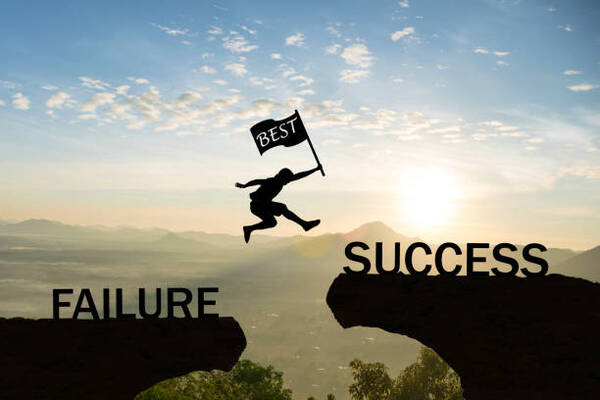
What are your fears? We all have them. It is perfectly normal. We read about heroic actions, courage and toughness in a particular moment in time, but they are all done with some fear both in and out of the situation.
As an athlete, usually the fear is about avoiding poor results. Athletes often fear the negative consequences of what they would consider a poor performance. Athletes worry about letting their team or a coach down. They worry about disappointing a parent or not performing up to a parent's expectations.
Much of the time the worry centers around things not under their control, which results in unnecessary worry. There are many types of fears for athletes, but what I would consider the top three are:
1. You do not want to let others down such as a coach, parent, or teammate. Related to this are expectations. It is the fear of not performing up to what you think are the expectations of your coach, parent or teammate.
2. You are afraid to embarrass yourself in front of others if you do not perform well.
3. Fear of being rejected, losing respect, or not gaining approval. Fear others will view you as a failure in sports.
The first step in managing your fear is to understand the fear itself, and then facing it down. For example, a common fear is number one above – Not letting someone else down. Once you know that is one of your fears, you can now start to face it. How? One way is learning to play for yourself and not for others.
Play for the joy of the game, the thrill of competition, and for the fact of what it is – it is a game, after all. You should be playing because of these factors and not to please others in your network. It is understandable to have those “letting someone down” fears, but re frame those thoughts into thoughts of playing for yourself and the joy it brings you.
One way to decipher if you have the fear of failure is if you notice yourself worrying too much about making mistakes. If you do this, you play too carefully or cautiously. In this mindset, you try not to lose and try not to make mistakes.
For example, a golfer tries not to hit the ball in the water. The tennis player tries to avoid double faulting on serve. The batter goes up to bat trying not to strike out. What ends up happening, then, is the fear changes your focus from what you should be doing to what you do not want to happen. Your performance becomes tense, you become indecisive and get too careful.
When performing tentatively, your body tightens, muscles tighten and you are not in flow. Worrying about mistakes leads to a lack of trust. When you are focused on not making mistakes, you are not focused in the present moment. You are thinking end result and not right here, right now. For example, a baseball players focuses on not striking out for fear of causing his team to lose the game. He is focusing on not wanting to disappoint his teammates and feel like a failure.
We need to turn that focus around and focus on what you want to do instead of what you want to avoid doing. Focus on execution, not the end result. Focusing on outcomes produces the fear of making mistakes, which spirals into the tension, muscle tightening, indecisiveness and tentative play we mentioned above.
Focusing on the here and now, the execution of the golf shot, the batter’s swing, the hockey player’s slapshot, and playing with trust in your skill set is key to working through the fear of failure and making mistakes.
Looking for approval from others or having that fear of letting others down, or looking “bad out there” are also common fears. One way to help with this is be aware when you begin to worry about what others think. Refocus on the current shot/play.
Believe in who you are.
It should not matter what others think when you play for yourself. Do not look to others for that respect and admiration. It comes from within. Give yourself a “high five” often and feel good about playing for the love of the game itself.
Fear is within all of us, but if we can become of aware of it, and why we have those fears, we can focus on dealing with it. In the process of working with fear, we limit its impact and the focus then shifts to our natural abilities and have a better chance being in flow and and the zone, which is what we all want in competition.
1. Register your company
2. Create a searchable listing
3. Connect with more clients
